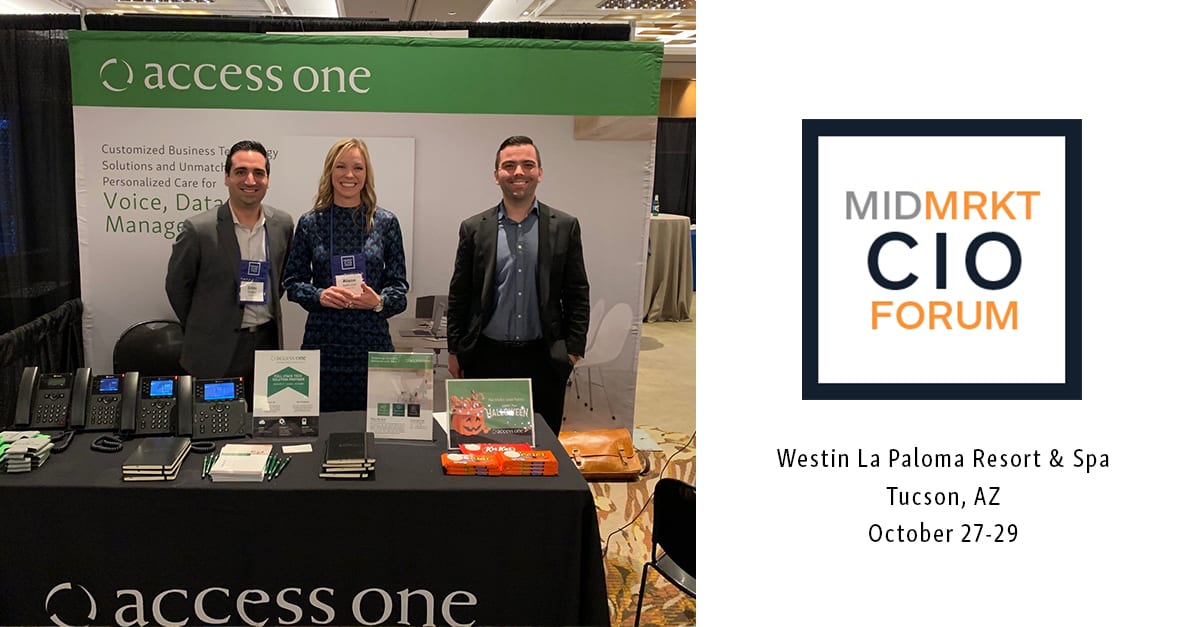When one thinks of data security breaches and the theft of personal information, law firms are not usually at the top of the list of potential victims. Most of us tend to think of banks, hospitals, and credit card companies as “hot” targets. In reality, lawyers very often have access to a wide array of personal information related to their clients and associated parties involved in a case. However, managed IT and security may not get top priority in a list of concerns for a Chicago law firm.
Here’s a quick look at how diverse law firms can be and some of the information that they are privy to and have at their disposal. Bankruptcy, real estate, and estate planning attorneys have access to highly confidential banking and financial information. This can include bank account numbers, credit card accounts, real estate, and other financial holdings. They would not only have sensitive information on their client, but on their family members as well. Corporate attorneys have access to insider business information including company assets, stock information, and personal information on company officers. Criminal defense lawyers often have information in their possession that could be damning and harmful to their clients’ defense. In short, Chicago law firms can be a wealth of information for those who steal such information for a profit.
Why Chicago Law Firms Should Consider Data Security
Newly-formed and boutique law firms may be able to meet their IT needs in-house, but once they begin to prosper, expand their practice, and increase their client base, it becomes more important to hire an outside contractor. Along with an increased number of clients, there’s also an increase in legal aides and employees who are involved in case preparation and investigation. Each one of these new clients, aides, and employees represents a new vulnerability in your IT infrastructure which can be exploited by thieves to steal private information. Instead of relying on one or two individuals, you have an entire company at your disposal 24/7 to address any issues. In-house IT departments have their hands full with keeping ahead of emergent issues such as security threats, equipment issues, etc. The cost of keeping your staff educated and trained in the latest advancements can be prohibitive. Daily maintenance tasks usually suffer and get pushed to the wayside. That means more costs for you in the form of overtime and delays in office workflow and productions. By delegating these tasks to an outside service, you free up space within the office that you can now use for additional staffing needs or other internal space issues. Another way to free up expensive office space is by moving servers and equipment off-site. An outside IT company can store your physical servers providing a secure environment in a more appropriate temperature controlled location.
Identifying the Threats
As an attorney or office manager, you may not be aware of all of the threats that exist within your office. Malware threats are the most common and insidious. There have been instances of a malware program that was present on a law firm’s computer system for more than a year before law enforcement notified them that their information was being stolen. The office had no idea. An effective managed IT service should be one that is capable of staying ahead of the threats. They should be anticipating the next target or tool of the cybercriminal and proactively prepare a formidable defense. They will also take steps to immediately encrypt data and, in the event of a breach, will have systems already in place that will activate an automatic response to an attack. No one needs to be physically watching the system around the clock.
Ethics and Legal Issues
Attorneys are ethically bound to do everything in their power to protect their clients’ personal and private information. They are also required to keep current with the latest in technology-based threats to that information. This is a tall order for a busy office, but managed IT services handle all of this and more for their customers. IT firms stay on top of the latest in Internet and data security issues and quickly provide resolutions and protection to customers. Along with the ethical responsibilities of protecting private information comes a legal aspect. A firm can be sued by a client or other individual whose information was stolen or compromised. It is incumbent upon you as an attorney to secure the information located in your offices, whether it is physically located there or is electronically stored. The best way to do this is to outsource your IT department, because it ensures that you have the latest and best weapons to fight cyber crime in your own office.















